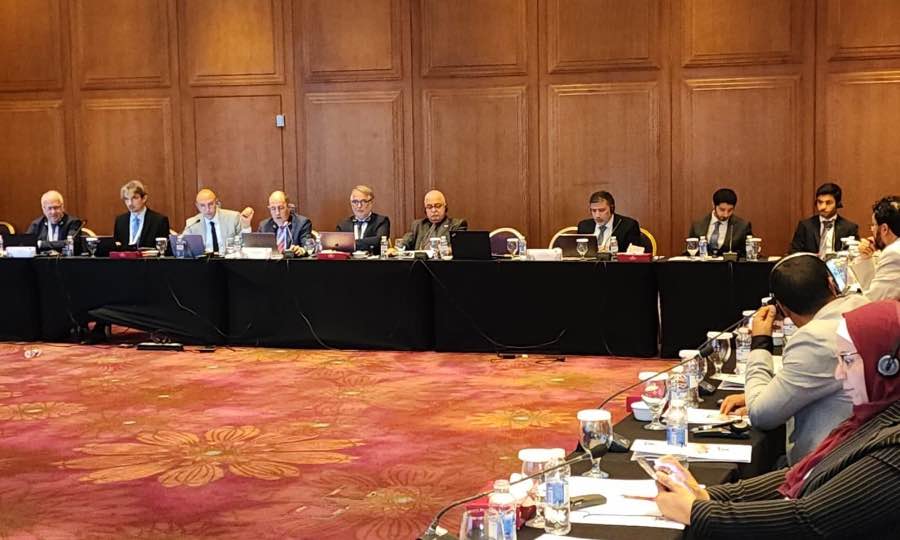
A pivotal workshop on the Future Railway Mobile Communication System (FRMCS) initiative convened in Amman, uniting key stakeholders from the Middle Eastern railway sector. Organized by UIC, this workshop served as a crucial platform to explore the advancements and future prospects of FRMCS implementation in the region.
The event underscored a pronounced interest in initiating FRMCS pilot projects across the Middle East. Several participants expressed a strong willingness to test this innovative railway communication technology, aiming to gain deeper insights into its benefits and challenges through practical application.
For UIC RAME (Regional Assembly for Middle East) members interested in FRMCS, the workshop concluded with a decision to establish a comprehensive framework to provide detailed information and clarity on several critical aspects, including:
FRMCS Functionalities and Added Value: A thorough understanding of the specific functionalities and advantages of FRMCS over existing technologies like GSM-R is essential, especially given the impending obsolescence of GSM-R.
Scenarios for New Lines: With multiple new railway lines set to open in the next 3-4 years, it is crucial to outline effective conditions and scenarios for evolving to FRMCS, considering the technological shift from GSM-R.
Utilizing FRMCS Functionalities on 4G Networks: The UIC specifications, termed “FRMCS-Transition,” are under development. This involves applying the FRMCS 5G architecture to 4G infrastructures.
Investment Planning: Implementing FRMCS requires substantial investments. Therefore, it is necessary to evaluate the associated investment plans for both passive and active infrastructure, as well as on-board equipment.
The workshop highlighted the critical need for and strong interest in implementing FRMCS in the Middle East. Establishing a robust framework for pilot projects will enable the region’s railway sector to make significant strides toward adopting this advanced communication system.
FRMCS, with its enhanced functionalities and capabilities, promises to be a transformative force, driving digital transformation and significantly improving the efficiency and safety of railway operations across the region.
